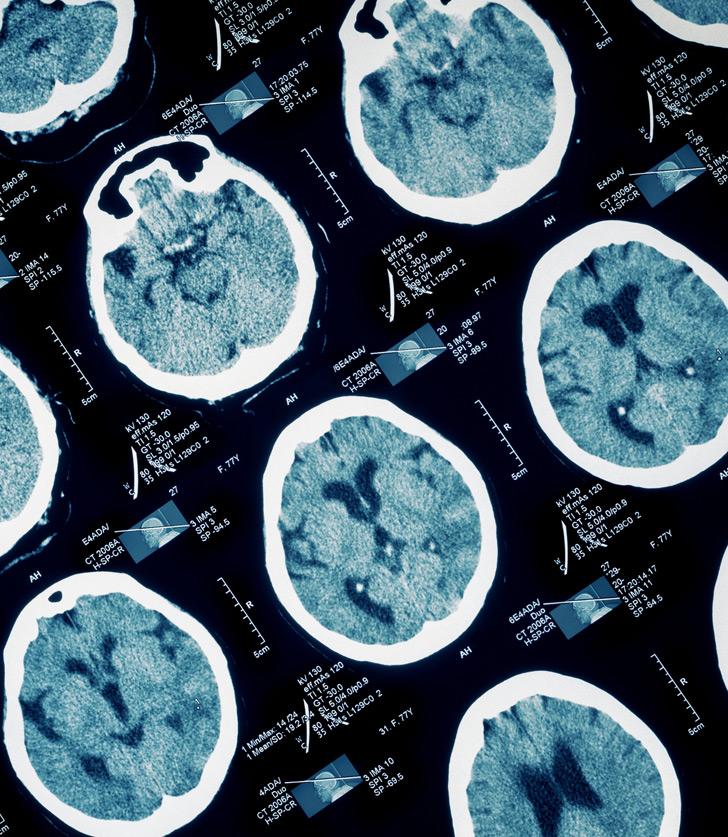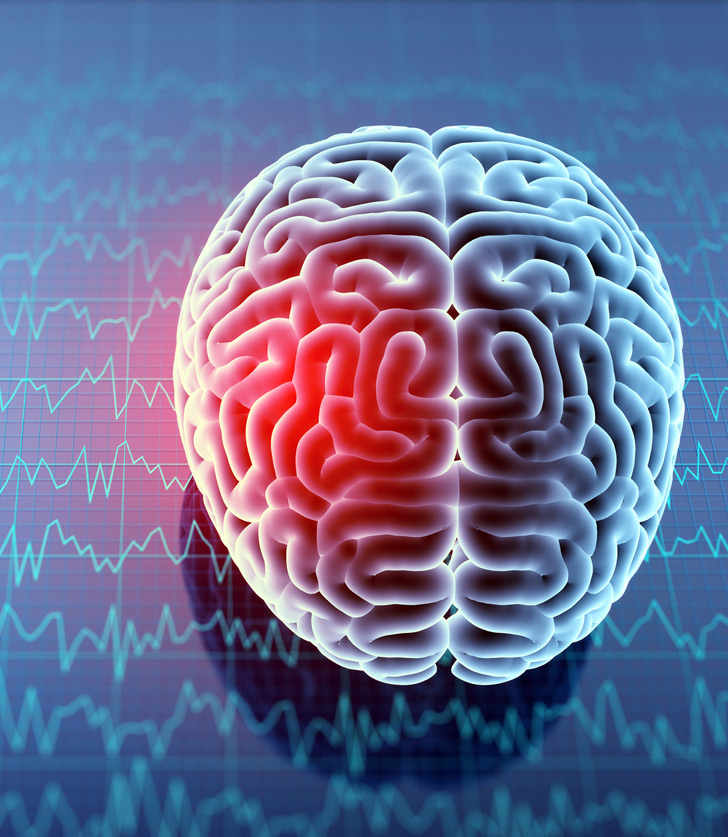
Brain injuries occur as a result of a blow, bump, or jolt to the head that causes an interference with normal brain function.
These injuries can range from mild to severe. Some brain injuries recover completely while others may result in long-term effects or disability. Falls and getting hit by an object are the most common causes of brain injury.
Mild Brain Injuries
A mild brain injury means that the accident that led to the injury was mild. Even with a mild injury, it is possible for symptoms to be significant. For example, someone could be walking, slip, fall, and hit their head on a wall or floor. The blow to the head could be mild, but the victim may lose consciousness for up to a few minutes, or they may experience disorientation and confusion. Other possible physical symptoms of mild brain injuries include:
- Headache
- Drowsiness or fatigue
- Trouble sleeping
- Loss of balance
- Vomiting or nausea
- Speech difficulties
- Sleeping more than usual
- Dizziness
Sensory issues are also possible, such as sound and light sensitivity. A mild brain injury may also produce blurry vision, an abnormal taste in the mouth, ringing in the ears, and an alteration to sense of smell.
Mental and cognitive symptoms may include:
- Depression or anxiousness
- Mood swings or changes
- Concentration or memory troubles
Moderate to Severe Brain Injuries
When a blow to the head is moderate to severe, victims may experience other symptoms in addition to those that can occur with a mild brain injury. These symptoms may include:
- Loss of consciousness that can last for several hours
- Repeated nausea and vomiting
- Pupil dilation
- Loss of coordination
- Persistent headache
- Clear fluid exiting the ears or nose
- Toe or finger numbness and weakness
- Slurred speech
- Profound confusion


Long-Term Effects of Brain Injuries
Some brain injuries may cause a long-term alteration in consciousness, such as a vegetative state, coma, brain death, or a minimally conscious state. How long these effects last cannot be predicted.
Some people may experience damage to their blood vessels. Over the long-term, this could increase their risk of blood clots and stroke. Other potential long-term effects may include:
- Recurrent seizures
- Vertigo
- Frequent headaches
- Losing sensation in the face
- Facial muscle paralysis
- Altered taste or smell, or losing these senses completely
- Frequent dizziness
- Hearing loss
- Cognitive impairments
- Communication problems
- Emotional and behavioral changes
Help for Victims
People who experience a brain injury due to the careless actions of another person may be eligible for financial compensation. This compensation may come in the form of lost wages, medical bills, and other related expenses. Working with a personal injury or worker’s compensation attorney can help people to determine if they have a claim.
Whether seeking worker’s compensation or help with a personal injury case regarding a brain injury, it is ideal to get assistance and support from an experienced attorney. They can help people to navigate the process and learn about all of their options.
